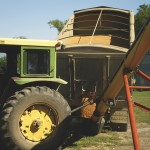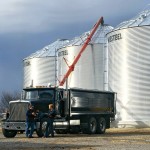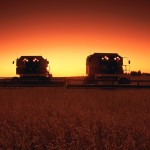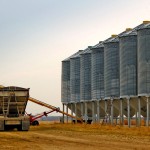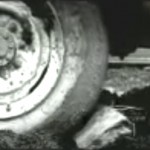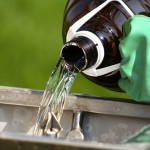Farming isn’t easy work. Farming isn’t for the faint of heart, the easily defeated or the undetermined. A successful farmer is an optimist and a realist at the same time. A farmer knows his land, his equipment, his livestock and his operation inside out. This determination and wisdom often translates into prosperous farms and thriving […] Read more



